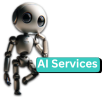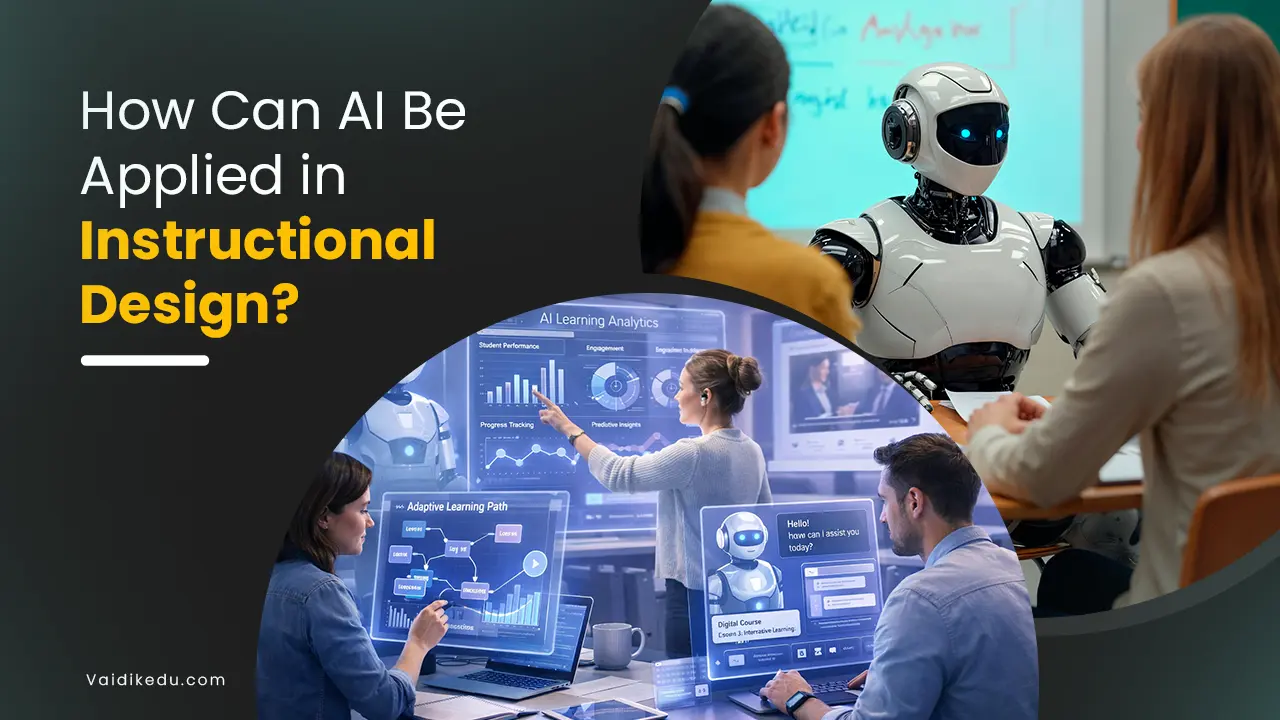Artificial intelligence, abbreviated as AI, has emerged as a delinquent technology to demolish a variety of industries that includes corporate training. The capacity of AI to analyse numerous amounts of data, personalise learning experiences and find new possibilities to improve the growth and performance of employees.
However, when an organisation adopts an AI-based training program, it should navigate a complex ecosystem of legal difficulties and ethical concerns. The article lights on the regulatory challenges which come with adopting AI in corporate training.
Upon understanding and addressing those hindrances, it enables the organisation to use AI efficiently in order to enhance the ability of its employees in their learning.
Understanding Regulatory Challenges And Best Practices:
Artificial intelligence (AI) is now not only for science fiction films, but also it is used in numerous industries, which includes corporate training. AI is nothing but the replication of the intellect of human beings intended for learning, and accomplishing activities which in general, require human intelligence. AI possesses the ability to transform corporate training upon offering personalized and adaptable training programs.
Implementing artificial intelligence in corporate training is not ever possible without having any difficulty. One of the serious concerns is the potential for bias in the AI system, if not addressed, may perpetuate current disparities. Moreover, learners must be able to grasp how an AI-model makes judgements,which causes issues in transparency and explainability. In addition, safeguarding the security and privacy of learners’ data is quite critical, since any data breaches may result in serious consequences.
Compliance with Data Privacy And Security Regulations:
In the period of growing privacy concerns, it is a bit difficult to maintain data privacy and security rules. With AI in corporate training, organisations should ensure that all the learners’ data are handled in accordance with existing legislations, such as the General Data Protection Regulation (GDPR) and other local data protection laws.
The task of these regulations is to control how the personal data are assembled, stored and accessed, giving importance to the effective data management methods.
To protect the learners’ privacy, their organisations should have strong data security methods. This generally involves gathering learners’ known consent before collecting and assessing their personal information. Auditing and evaluating the data on a regular basis can also be performed to ensure compliance with privacy requirements and for detecting any vulnerabilities.
Ethical Considerations in AI-Driven Training Programmes:
AI-driven or AI-based training programmes confide blindfoldedly on ethics. AI operated systems should be created and assessed ethically, and with justice. Ethical AI develops trust and ensures that learners do not feel biased or discriminating behaviors. It also ensures that AI should be used ethically, valuing human and well being as priority.
Implementing AI in corporate training lights up to ethical quandaries and problems. For instance, gathering and assessing learners’ data may raise issues of privacy and consent. The probability of such incidents may raise ethical concerns.
Moreover, the growth and development of artificial intelligence can damage job stability, which raises ethical concerns about displacement of human trainers. These challenges need serious thoughts and ethical decision-making.
Best Practices For implementing AI in Corporate Training:
It is not that all the aspects of corporate training should be accessed using AI. It is a little bit difficult to find the proper cases where AI can add value. Processes with numerous amounts of data, repetitive processes and personalized learning experience are often excellent candidates for AI integration.
When picking an AI solution in corporate training, what is required first is thorough evaluation. Implementing AI in business training needs teaching the workforce to adopt and collaborate with these technologies.
Organisations should provide training to their employees in AI-related fields to develop their skills in those fields. Such fields include data analysis and interpreting AI outcomes. Organizations that invest in their employees’ knowledge and capabilities can ensure a smooth incorporation of AI into their training procedures.
Future Trends And Implications of AI in Corporate Training Landscape:
As artificial intelligence advances, the corporate training landscape is expected to change significantly. The integration of natural language processing and machine learning algorithms would provide employees with more personalised and engaging learning experiences.
In addition, the adoption of AI-powered chatbots and virtual assistance would provide employees with instant guidance throughout their training programs.
It is to be mentioned that organisations may successfully use the power of AI to improve the skill or ability of its employees’ learning and growth or development by prioritising fairness, openness and explainability in AI algorithms.
Organisations that take a proactive approach to tackling regulatory hindrance and implementing ethical frameworks, can smoothen the way for the near future when an AI-driven corporate training is a critical tool for achieving growth, innovation and success in digital time.
Some Key Roles of AI in Corporate Training:
Upskilling Recommendations:
Artificial intelligence can analyse rigorous amounts of data by machine learning algorithms, which includes employee data, performance matrix, skill assessments to detect specific areas for improvement, thereafter to suggest relevant training courses and resources.
Before the AI was introduced, upskilling recommendations were quite tiresome and time consuming, relying on manual assessments and generic training programs that may not address each employee’s unique learning needs sufficiently.
Enhanced Learner’s Experience:
Another key role of artificial intelligence in corporate training programs is its ability to facilitate enhanced learner’s experience. By AI-powered algorithms, learners get recommendations, adaptive assessments, and real-time feedback, which leads to a more engaging and effective learning experience. AI-enabled chatbots and virtual assistance supplies immediate support or help, which enhances the capability of the learners.
Predictive Skills Gap Analysis:
AI revolutionizes the predictive skills gap by providing advanced algorithms with a rigorous dataset and predicting future skill needs based on factors such as industry trends and technological advancements.
With the help of AI, organizations can detect potential skill gaps on their own, allowing them to develop targeted training programs and strategic workforce planning initiatives. Without the help of AI, skills gap analysis relied on manual methods such as surveys, performance reviews and subjective assessments, which are in general time consuming, and biased-prone.
Frequently Asked Questions
The possible benefits of implementing AI in corporate learning are as follows:
Improve learning results: Using AI in corporate training can increase the learning by offering individualised learning experiences. Artificial intelligence customizes training materials to employees’ unique needs and learning methods or procedures. Consequently, the workforces become more effective which in turn, develops the overall performance of the organisation.
Enhanced efficiency and cost savings: AI-based learning solutions make employees feel engaged, which in turn, increases their motivation and level of satisfaction. This has a positive impact on the educational process which, as a consequence, raises retention of staff. Employee retention rates become higher when the organisation experiences cultural and professional developments.
The possible challenges in incorporating AI in corporate training are as follows:
1. High initial investment cost: Incorporating artificial intelligence in corporate training needs a significant investment in technology infrastructure and software development. To do this, organizations need employees who are experts in accessing artificial intelligence and developing training programs on AI.
2. Lack of understanding of AI technologies: It is to be noted that many organisations have a lack of root understanding in AI technologies, and how it can be effectively used to arrange training programs. The lack of experienced and expertise can rear the fruitful implementations of AI-based programs.
3. Data security and privacy issue: AI-based training programs generally confide a rigorous amount of employee data. This can raise the serious concern of data privacy and security, especially regarding sensitive information like personal learning preference.









